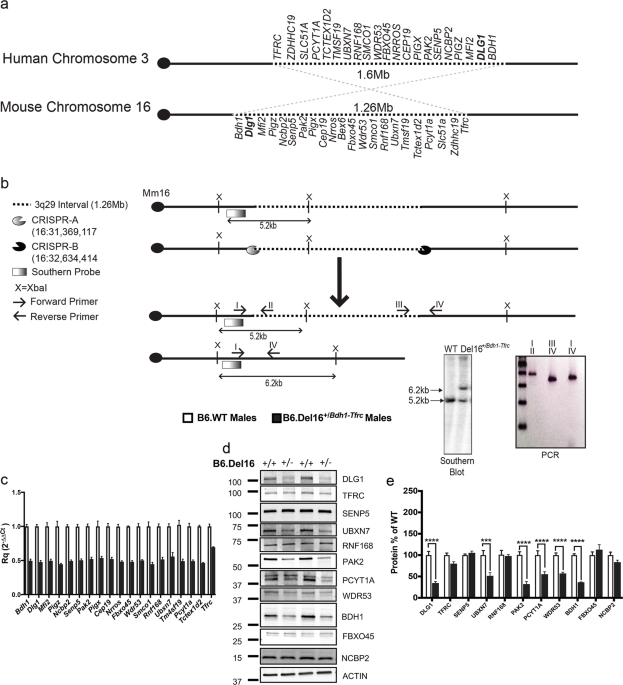- Select a language for the TTS:
- UK English Female
- UK English Male
- US English Female
- US English Male
- Australian Female
- Australian Male
- Language selected: (auto detect) - EN
Play all audios:
Access through your institution Buy or subscribe Since the discovery in the 1600s of microscopic organisms, scientists have investigated the relationship between our health and the microbes
that surround and inhabit us. Nowadays, we acknowledge that some microbes are inherently pathogenic, but also that others live mutualistically on and within our bodies and contribute to
maintaining our well-being. Yet, one prominent challenge remains: to convincingly move past mere association and prove causality. Our microbiotas have been increasingly associated with
various diseases, including obesity, but demonstrating a relationship between cause and effect is essential — particularly for the development of targeted therapeutics. Ten years ago, a gold
standard for translatability within the field of microbiota–metabolism research was set. Through the meticulous use of key methodologies, Ridaura and colleagues reproducibly demonstrated
that microbial communities within our gut can directly influence host metabolism and obesity. This is a preview of subscription content, access via your institution ACCESS OPTIONS Access
through your institution Access Nature and 54 other Nature Portfolio journals Get Nature+, our best-value online-access subscription $32.99 / 30 days cancel any time Learn more Subscribe to
this journal Receive 12 print issues and online access $209.00 per year only $17.42 per issue Learn more Buy this article * Purchase on SpringerLink * Instant access to full article PDF Buy
now Prices may be subject to local taxes which are calculated during checkout ADDITIONAL ACCESS OPTIONS: * Log in * Learn about institutional subscriptions * Read our FAQs * Contact customer
support REFERENCES ORIGINAL ARTICLE * Ridaura, V. K. et al. Gut microbiota from twins discordant for obesity modulate metabolism in mice. _Science_ 341, 1241214 (2013) Article PubMed
Google Scholar RELATED ARTICLES * Larsen, I. S. et al. Experimental diets dictate the metabolic benefits of probiotics in obesity. _Gut Microbes_ 15, 2192547 (2023) Article PubMed PubMed
Central Google Scholar * Wastyk, H. C. et al. Randomized controlled trial demonstrates response to a probiotic intervention for metabolic syndrome that may correspond to diet. _Gut
Microbes_ 15, 2178794 (2023) Article PubMed PubMed Central Google Scholar Download references AUTHOR INFORMATION AUTHORS AND AFFILIATIONS * Department of Biomedical Sciences, University
of Copenhagen, Copenhagen, Denmark Béatrice S.-Y. Choi & Sune K. Yang-Jensen Authors * Béatrice S.-Y. Choi View author publications You can also search for this author inPubMed Google
Scholar * Sune K. Yang-Jensen View author publications You can also search for this author inPubMed Google Scholar CORRESPONDING AUTHOR Correspondence to Sune K. Yang-Jensen. ETHICS
DECLARATIONS COMPETING INTERESTS The authors declare no competing interests. RIGHTS AND PERMISSIONS Reprints and permissions ABOUT THIS ARTICLE CITE THIS ARTICLE Choi, B.SY., Yang-Jensen,
S.K. Obesity is transferable through the gut microbiota. _Nat Rev Endocrinol_ 19, 687 (2023). https://doi.org/10.1038/s41574-023-00907-3 Download citation * Published: 28 September 2023 *
Issue Date: December 2023 * DOI: https://doi.org/10.1038/s41574-023-00907-3 SHARE THIS ARTICLE Anyone you share the following link with will be able to read this content: Get shareable link
Sorry, a shareable link is not currently available for this article. Copy to clipboard Provided by the Springer Nature SharedIt content-sharing initiative







